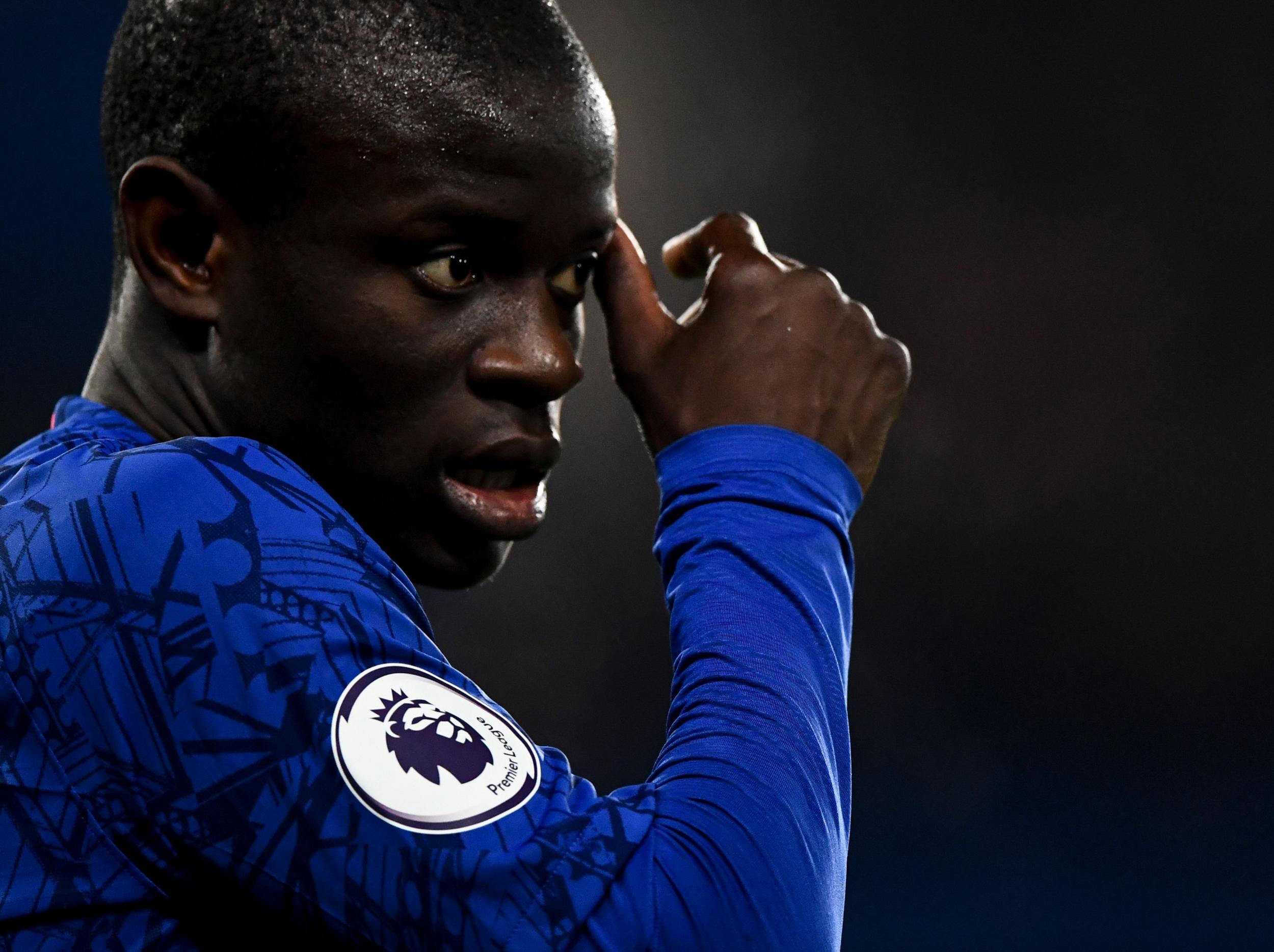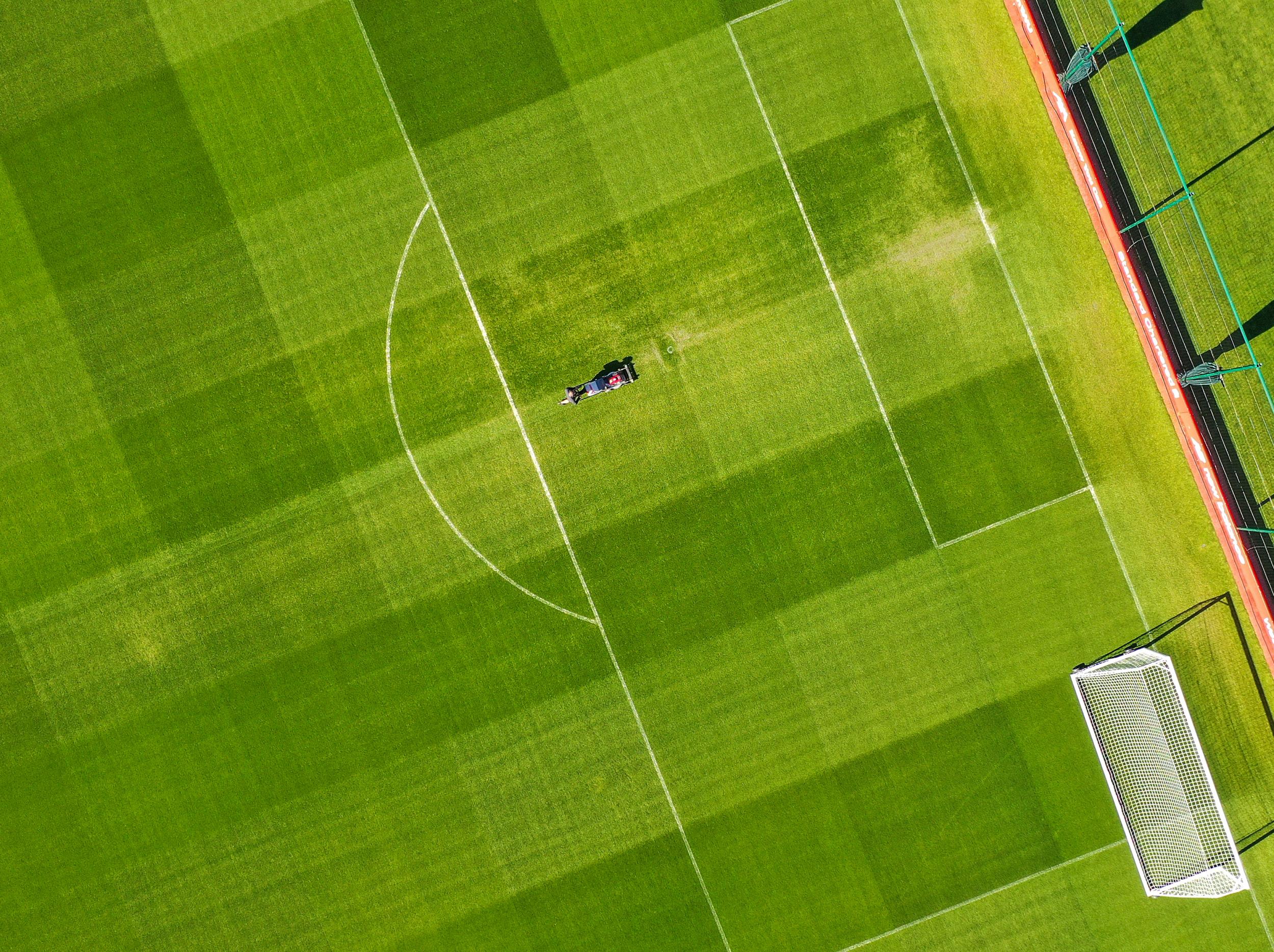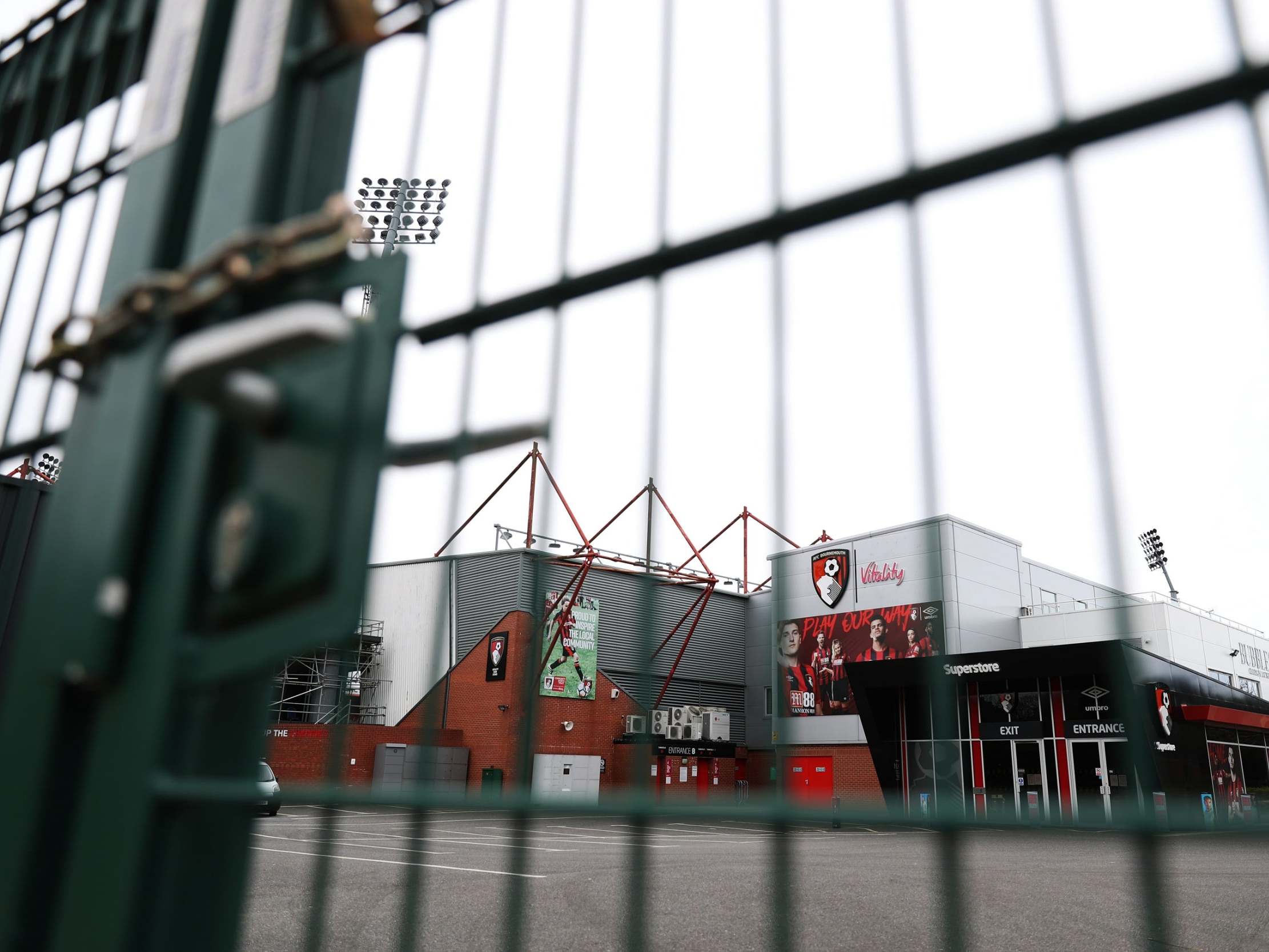Project Restart’s biggest problem: Examining the legality of players refusing to play
The Professional Footballers’ Association has had it clarified that nobody will be forced to go back, but what then happens to that player is what forms the biggest question

Your support helps us to tell the story
From reproductive rights to climate change to Big Tech, The Independent is on the ground when the story is developing. Whether it's investigating the financials of Elon Musk's pro-Trump PAC or producing our latest documentary, 'The A Word', which shines a light on the American women fighting for reproductive rights, we know how important it is to parse out the facts from the messaging.
At such a critical moment in US history, we need reporters on the ground. Your donation allows us to keep sending journalists to speak to both sides of the story.
The Independent is trusted by Americans across the entire political spectrum. And unlike many other quality news outlets, we choose not to lock Americans out of our reporting and analysis with paywalls. We believe quality journalism should be available to everyone, paid for by those who can afford it.
Your support makes all the difference.When N’Golo Kante said that he didn’t yet feel comfortable returning to training, there was complete understanding at Chelsea.
The French midfielder’s older brother Niama died of a heart attack in 2018 and his father passed when Kante was just 11 years old. Chelsea are going to give him all the time he needs.
It is a sensitive personal situation that is nevertheless going to give other clubs and football figures a lot of pause for thought. The issue of whether individual opt-outs are going to be afforded has hung over Project Restart from the start.
It feels like it should be a moral imperative given the context. It still throws up legal and technical complications, however, as well as the more difficult question about what exactly a “safe environment” in that context is.
Clubs are attempting to persuade players that the conditions are “as safe as possible”, maybe the safest of any industry, and certainly less risky than going to the supermarket. They also point to the Bundesliga situation.

“Safe as possible”, however, is still hugely open to interpretation.
The Professional Footballers’ Association have already had it clarified to them that no player will be forced to go back, but what happens is what forms the biggest question.
“Under normal circumstances a footballer cannot simply refuse to train,” Joseph Lappin, Partner at Stewarts law firm and Head of its Employment department, says. “Asking players to return to work and train is a lawful instruction. Ordinarily, football clubs should consider stopping paying footballers who refuse to train because such absence would amount to unauthorised leave.
“But these are unique times. Returning to training when the threat of contracting Covid-19 remains a very real one, and raises important questions about health and safety. Footballers may reasonably consider that intense football training, that will involve physical contact between players, is conducive to the spread of Covid-19.
“The government guidance is that anyone who cannot work from home should be actively encouraged to go to work. However, all employers, including football clubs, have a legal duty to provide a safe place of work for their staff.
“Footballers that refuse to return to training because they reasonably believe that doing so would pose a serious and imminent risk to their health and safety are protected under law.”
That has actually thrown up a bit more debate than might be imagined. One source within the game – who is admittedly desperate for football to get back – argued that much of this is being done to ensure the huge money keeps coming in. As such, they believe opt-outs shouldn’t necessarily get the same pay.
That, however, would not be legal.

“Any football club that chooses to stop paying players that cite serious health and safety concerns as the reason for refusing to train could face breach of contract claims,” Lappin says. “It would take a bold chairman to stop paying players who refuse to train on legitimate health and safety grounds, especially at those clubs where players or staff have tested positive for Covid-19.”
The Independent has been told that some clubs have nevertheless been talking about furloughing players, arguing they’d have little option. Lappin considers this unlikely, and it’s also where it becomes more and more evident professional football is so different from other jobs.
“I don’t think Premier League footballers are realistically at risk of being placed on furlough leave. Under the rules of the furlough scheme, the players wouldn’t be allowed to train or play. What’s more, if a club did furlough a player, and didn’t agree to top up the player’s pay, a footballer earning £3m per year would stand to lose up to £2.97m. The relationship between club and player would be damaged, perhaps irretrievably.
“Players have significant bargaining power – they are not like ordinary workers – they are also commodities with a significant transfer value.”

Another source who works as an agent concurs, making the same claim about being unwilling to return to training.
“Clubs are less likely to sack a player who’s an asset. Desire and motivation come into this as well, let’s not forget. It’s almost certain that the players who refuse to return are veterans with enough money put aside and very little to play for this season.”
But will that change as the situation changes? And what if so many other leagues, and players, go back? The way things are going it is entirely possible that the Spanish league, Serie A and Championship could have returned while the Premier League continues to try and work out a way back.
“If, as we all hope, the infection rate continues to fall, it will become harder for footballers to argue that training and playing matches poses a serious and imminent risk to their health and safety,” Lappin says. “If test results show that no playing or coaching staff have tested positive for Covid-19 and football clubs have had time to implement robust safety measures, Premier League football clubs are likely to take a dim view of those players who refuse to take part in training and matches.”
For now, though, the only view can be one of compassion.
Join our commenting forum
Join thought-provoking conversations, follow other Independent readers and see their replies
Comments